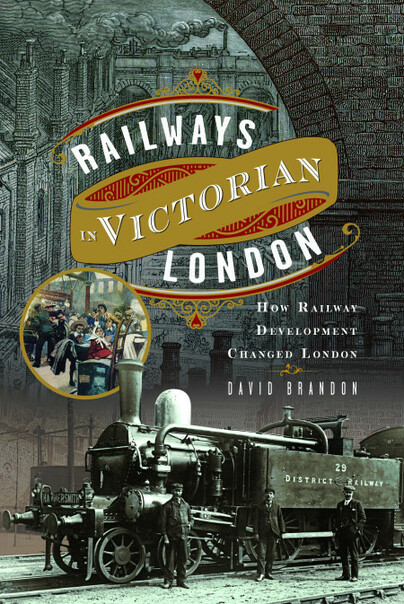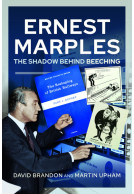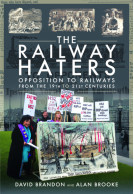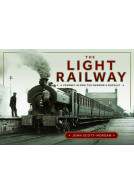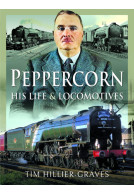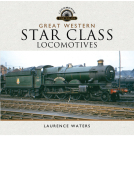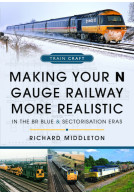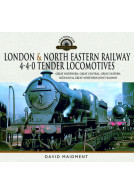Railways in Victorian London (Hardback)
How Railway Development Changed London
By
David Brandon
Imprint: Pen & Sword Transport
Pages: 216
Illustrations: 60 mono illustrations
ISBN: 9781399051125
Published: 6th March 2025
Imprint: Pen & Sword Transport
Pages: 216
Illustrations: 60 mono illustrations
ISBN: 9781399051125
Published: 6th March 2025
You'll be £20.00 closer to your next £10.00 credit when you purchase Railways in Victorian London. What's this?
+£4.99 UK Delivery or free UK delivery if order is over £40
(click here for international delivery rates)
Order within the next 6 hours to get your order processed the next working day!
Need a currency converter? Check XE.com for live rates
(click here for international delivery rates)
Order within the next 6 hours to get your order processed the next working day!
Need a currency converter? Check XE.com for live rates
London has always been a major transport hub. Indeed, it owes its origins to being the location in ancient times of what was then the lowest bridging point of the River Thames. From the 1830s to 1914 it became the focal point of Britain's railway system. In that time a railway network of extraordinary complexity developed, serving the needs of London's citizens and providing access for huge numbers of visitors of all kinds. Here we consider some of the ways in which the railways contributed to London's transformation into a world city, perhaps THE world city of the Victorian and Edwardian period. With an emphasis on the social impact of the railways, the book examines, among other issues, how they contributed to the growth of suburbia, helped to provide London with vital supplies of food and fuel, the way in which the Underground made it quicker and easier to move about, produced huge, luxurious hotels and spectacular bridges and destroyed some of the capital's worst slums. London has always had an underbelly and the coming of the railways created new opportunities for criminal activity. In fictional crime, Sherlock Holmes made frequent use of the railways. Artists found in railways a source of inspiration for their works. Above all, the railways broke down regionalism and helped to develop and reinforce the domination of London over Britain's political and cultural life.
There are no reviews for this book. Register or Login now and you can be the first to post a review!
About David Brandon
David Brandon lectured in modern British social and cultural history at several British universities and has written extensively on railways and London history. He has also given many public talks on both subjects.
More titles by David Brandon
Customers who bought this title also bought...
Other titles in Pen & Sword Transport...







